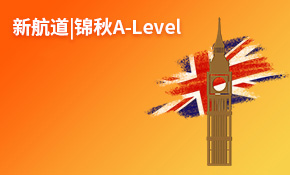剑4 Test1 Part3口语范文-Looking after historic places
新航道雅思为各位考生推荐复习材料-剑4 Test1 Part3口语范文-Looking after historic places,需要本单元写作范文的同学,请点击:剑桥雅思4Test1写作Task1范文-The table。

PART 3
Looking after historic places
Q: How do people in your country feel about protecting historic buildings?
过去: 冷漠
现在: 政府教育和宣传, 人们自我意识加强, 民族自尊心增强,爱国主义高涨
意识现在越来越好, 政府投钱修复古建筑,获得更好保护
Past: indifferent—ignorant to the values of such buildings—scribble on them
Now:
Government: Education / publicity / put much money into restoration project People: awareness—improve more alive to our national tradition and identity patriotic / patriotism
所以: historic buildings are much better protected.
Q: Do you think an area can benefit from having an interesting historic place locally? In what way?
旅游业: make local area famous—attract tourists—tourism development—more people are coming—bring investment—increase employment—improve life quality—attracts world attention—more opportunities
Q: What do you think will happen to historic places or buildings in the future?
Why?
Better preserved—because people are aware of the importance of such buildings
More accessible—road construction, opening air flights, bring more people there
More affordable—tickets cheaper/ more common people can go
Globally shared—what’s national becomes international
The teaching of history at school
Q: How were you taught history when you were at school?
Lecture class—teacher lectures—students listen and take notes—no interaction—lots of writing—memorize—standard test—who remembers the most—history should be very exciting, but it’s so boring to learn
Q: Are there other ways people can learn about history, apart from school? How?
Travel
TV programs: Discovery Channels/ National Geographic Channels
Movies: Schindler’s List / Gandhi / the last emperor / Alexander/ King Arthur Museum
Q: Do you think history will still be a school subject in the future? Why?
Younger generation—become indifferent to cultural past, historic glory—many traditions and customs will be lost.
We need to answer three questions in order to become a better self
1. How did we get here?
2. Who are we?
3. Where are we going?
A nation will never have a future without knowing her past.















